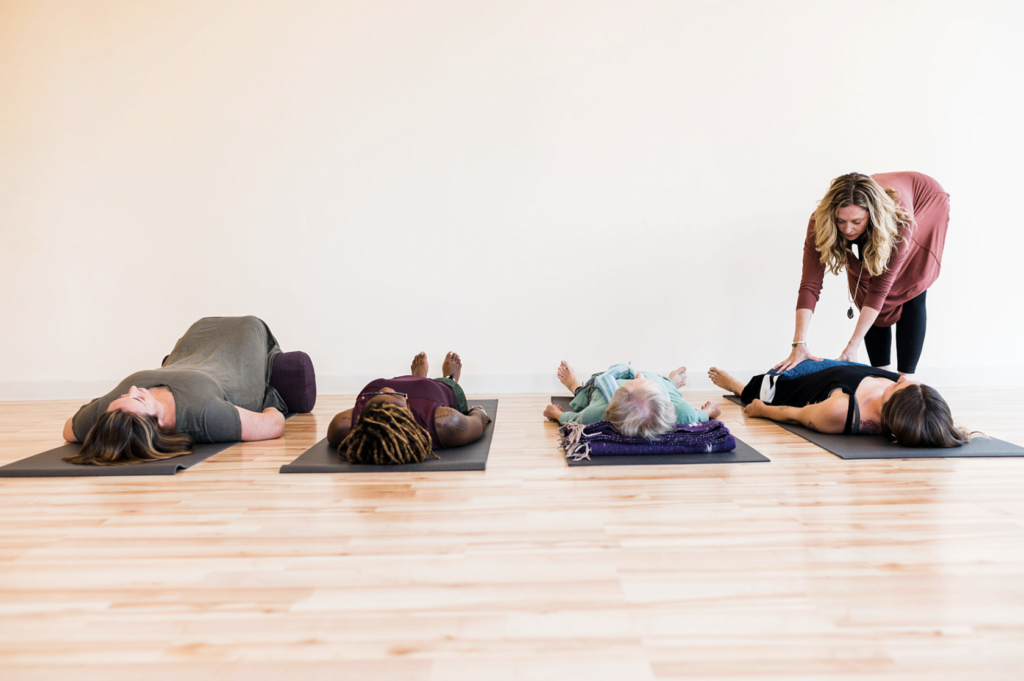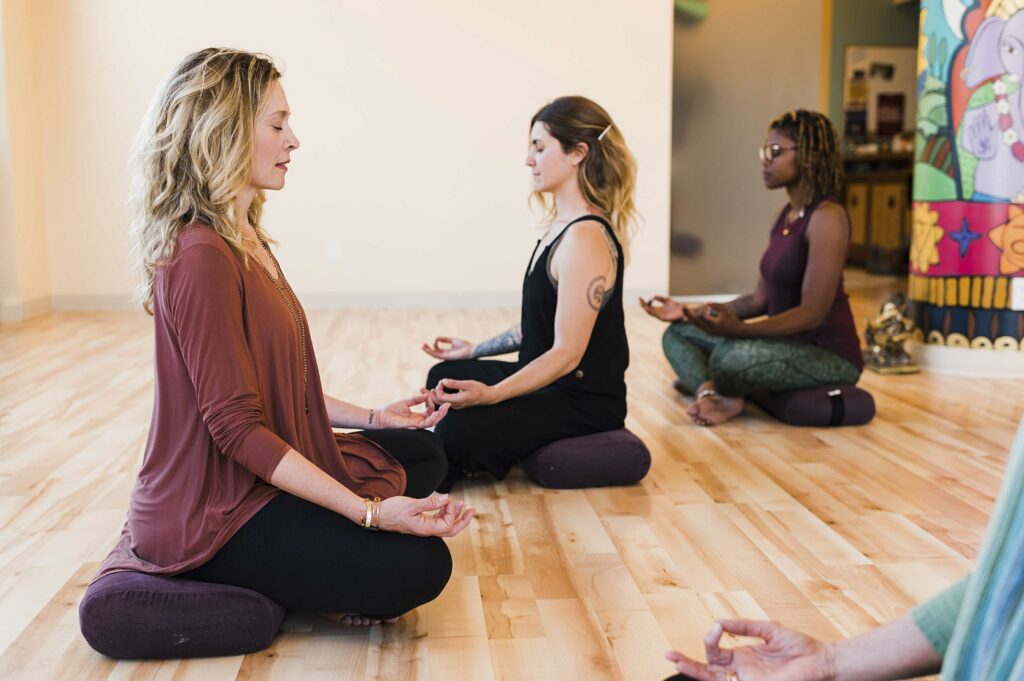Yoga Summer Camp
Monday August 4th – Friday August 8th
6:30 – 8 am with Betsy & Rachel
Jump start your day and reconnect to a steady, daily practice. This is a chance to use the early hours of the day to connect deeply to self so you bring clarity and strength to your day.
Each morning includes all levels yoga, mantra, breathwork, meditation, and deep rest. Co- led by Betsy & rachel, you will feel a new level of inspiration.
In person spaces limited to 22 people, so register early to save your space.
Online & In person. $99 for the week or $25 for drop in.



